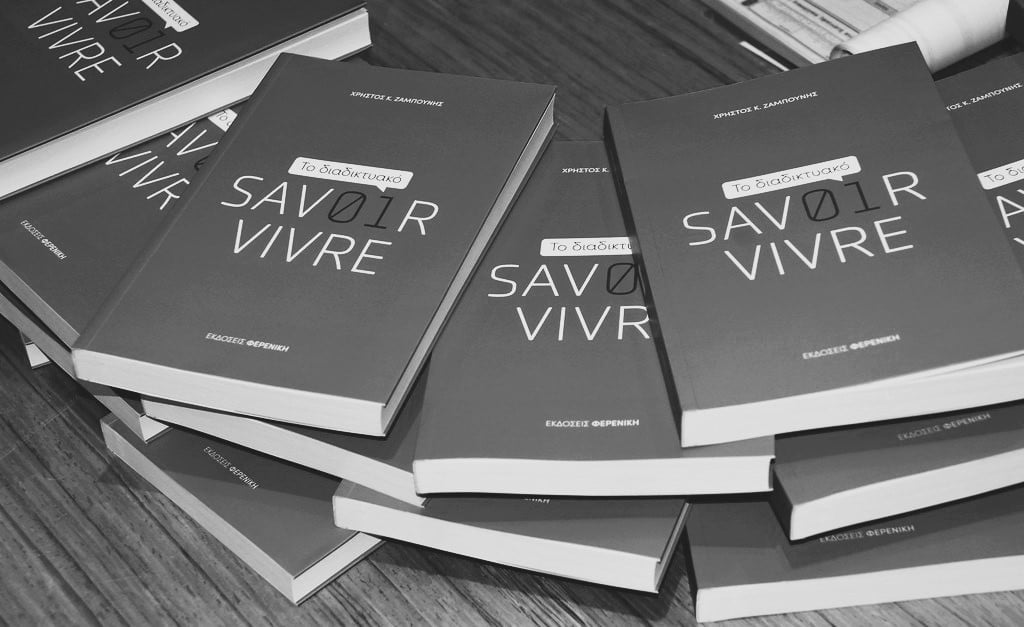By Christos Zabounis
The Internet is shaped by its users. Most of us call it the Internet, but this column will follow Professor Babiniotis’ admonition to use Greek terms, wherever possible.
Pen Dalaoura, @ntalaoura, is an anonymous “professional” account that came into the spotlight due to the internal strife of the Greek political party, SY.RI.ZA. What did the incognito user in question do? In addition to the passive support of Stefanos Kasselakis, a number of party officials who were opposed to the candidacy of the “dolphin” from the USA were shut down – in terms of their opinion/choice. The case is referred to the Internet Crime Prosecution, where the former minister Panos Skourletis, victim of the “troll friend”, resorts to the identification of Pen. It is obvious that anonymity provides a relative immunity to hate speech. Also, expressing any opinions gives an illusion of authority. To the question posed in the realm of the online savoir-vivre, whether we would say the same things in person as we write them digitally, the answer is obvious. We all have in mind cases of acquaintances who spend their days over a keyboard, indulging in comments on everything and anything. These are usually our fellow human beings who would not have the opportunity to express their opinion publicly. Also, in several cases they belong to economically vulnerable subsets of the general population, so the anger their writings exude is understandable. The boundaries, of course, between dialogue -as our ancient ancestors taught us- and violent confrontation are not always clear. The prospect of limiting abusive content (moderation) by social sedia, as well as the Damocles sword of revealing the user’s identity, may strengthen the light in the dimly lit digital universe.













